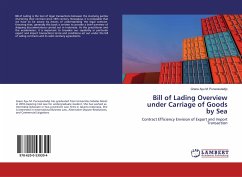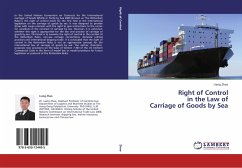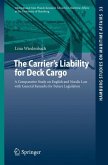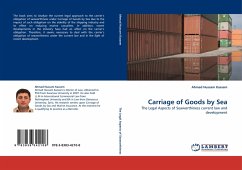The main focus of maritime trade is based on the system of the carrier's liability, in respect of carriage of goods, is a very controversial issue which raises many difficulties in solving the problems thereto related, whether in national laws or in international Conventions. By so doing, the international community has been striving to mitigate such defect and further avoid nationalization of laws relating to this system of trade. The Hamburg rules is among such attempt made by the international community to foster uniformity and harmonization of carriage laws but the convention seems to have fallen short of its expectation and this has cause the coming of a new convention (Rotterdam rules), the question which surrounds this convention is its ability to remedy the shortcoming of the Hamburg rules in advancing greater uniformity and preventing further fragmentation which has been ongoing by various maritime nations because of their disliked for the Hamburg rules. The present workprovides an in-depth detailed analysis of the both conventions examining areas where they contrast and area where they meet.








